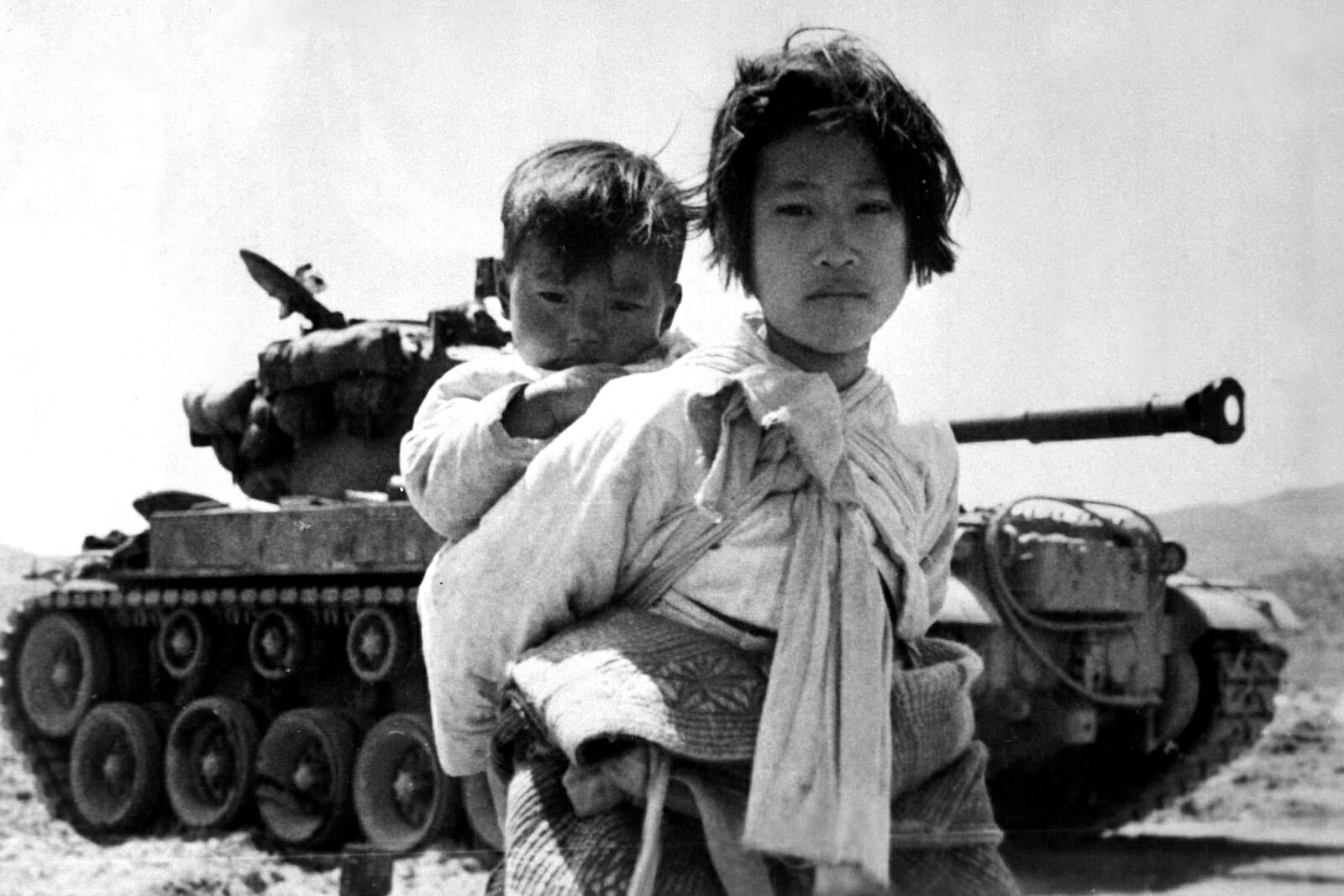
Two Colonies, Two Trajectories
South Korea and Taiwan, both being Japan’s earliest colonies in Asia, have cultivated opposing views towards Japan and its colonialism. While Korean comfort women statues were commonplace in the 1990s, Taiwan’s very first was erected in 2018. While South Korean President Moon Jae-in has emphasized “wiping out” colonization’s vestiges, former Taiwanese President Ma Ying-jeou encouraged embracing Japan’s good legacies. South Korea’s grievance with Japan is also related to the current trade conflict between the two.
The two opposing trajectories, in which South Korea’s attitude towards Japan is much more hostile than Taiwan’s, can be explained via numerous reasons, notably the following four historical and political factors.
First, Japan’s colonization was less intrusive in Taiwan. Economically, Japan appeased Taiwan’s peasantry class but chose to align with the Korean landlords. Japan invested in giant Korean corporations, owning much of the capital (94-100% in modern sectors in 1940) while the Taiwanese were allowed to have more assets in smaller-scale businesses.
Politically, Taiwan retained more autonomy. Most governor-generals, the highest colonial position, were civilians. Local reformers, who wanted to demolish outdated practices like foot-binding, could negotiate with Japanese rulers. Elderly leaders helped maintain security under the Hoko system, hence a lesser need for police presence. Japan also organized the first council elections in 1935 as a compromise. In Korea, the generals were all prominent military figures. They dismissed any reformist ideas in the 1920s. Japan deployed more police since there was no Hoko system’s equivalence, and did not hold similar council elections.
Culturally, Japan allowed Taiwanese/Chinese subjects in Taiwanese schools. Colonial teachers paid respect to Chinese culture. In Korea, Japan ignored traditions and applied strict monolingual policy from the beginning, imprisoning those promoting the Korean language. Moreover, Korea was geographically bigger so the Japanese assimilation encountered more difficulties.
Japan also embraced Taiwan’s identity, distinguishing Taiwanese from Chinese. In 1895, Japan banned immigration from China – an opportunity to develop a more homogenous Taiwanese society. Taiwanese were allowed to choose nationality during the occupation’s first two years. Taiwan’s elites use Japan’s colonization to highlight their identity vis-à-vis Chinese today.

Second, contexts matter. Before colonization, Taiwan was under the Qing dynasty’s weak administration. Conflicts between the Han and the aboriginal occurred frequently. In contrast, Korea had cultivated a long-standing identity. The Korean Empire was proclaimed in 1897 as independent and unified, with bureaucracy, economic modernization, and its own language, and had successfully resisted invasions (including Japan’s).
After colonization, Taiwan went back to China. The subsequent Communist-nationalist civil war left the economy deteriorating. Therefore, the Taiwanese had nostalgia for Japan’s rule. A different dynamic played out in Korea: it was under the U.S. and the Soviets, dragged into a disastrous war, and suffered from division. From a common Korean perspective, the disaster was associated with the Japanese occupation.
Third, foreign policies can reinforce pro or anti-Japanese sentiments. To preserve sovereignty, Taiwan needs to maintain ties with Japan, an East Asian power, and pursue international integration. In contrast, as South Korea thrives as a middle power, Japan’s importance to South Korea declines: Japan’s share of Korea’s trade dropped (18.6% in 1995 to 7.4% in 2015); Korea’s milder response to China’s rise and Dokdo/Takeshima dispute also enhance Japan’s doubt.
Strategic calculations also affect comfort women settlement, indirectly sustaining South Korea’s hostility. Post-war Japan did not focus on this since there was little geopolitical interest in mending ties with South Korea. In 1993-1996, with diminishing U.S. presence and newly emerging Asian economies, Japan was more proactive and comfort women received more attention. However, the period was short-lived. Post-war South Korea, under Park Chung-hee, emphasized economic development, putting aside full settlement discussions with Japan. Considering China’s rise and the U.S.’s pressure to form a stronger Korea-Japan-U.S. alliance, both countries will possibly continue prioritizing geopolitics over historical settlement in the near future.
Soft power plays a part. Japan’s pop culture is massive in Taiwan, inspiring fashion, video games, and films. There is a “harizu” (Japan-loving geeks) sub-culture. Public transportations use Japanese cartoon decoration. Conversely, South Korea does not avidly consume Japan’s cultural products. According to Brookings, few Koreans consume Japanese entertainment. Respondents were not decisive on whether Japanese influence was positive (49%) or negative (48%). Furthermore, Korea is often considered Japan’s challenger because of its own cultural appeal.
Lastly, domestic politics count. Korean politicians often use anti-Japan rhetoric to mobilize support or distract public criticism. Former President Park Geun-hye, aware of criticism towards her father’s favorable approach to Japan, adopted an uncompromising stance. A 2019 report from Korea’s Democratic Party even suggested the current standoff with Japan provided electoral benefits. Korean civil societies also contribute to the hostility. Korean Council, the most vocal comfort women group, has been reported to exaggerate the number of victims and requested victims to not accept Japan’s assistance.
In Japan, the ruling party can set the direction for historical settlement. In 1993, the conservative LDP lost to a progressive opposition, who advocated for Japan’s contrition so progress was made (high-level apologetic remarks, the Asian Women Fund creation), toning down South Korea’s hostility. However, with the conservatives dominating again from 1996 (except for 2009-2012), Japan’s position on historical issues retrogresses. Many LDP officials broke previously-made apologetic statements. Conservatives also contribute to South Korea’s hostility towards Japan and push for nationalistic agendas.
These four factors help explain South Korea’s more hostile view of Japan’s colonialism than Taiwan’s. Having such dynamics in mind is significant to examine the current development of their respective relations with Japan.
